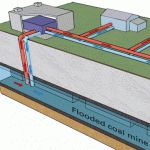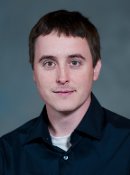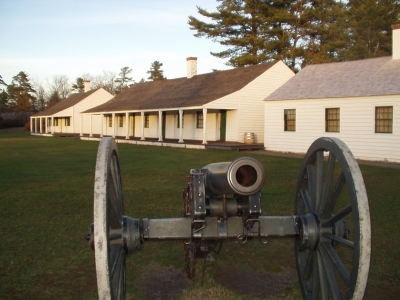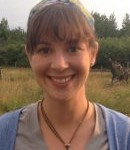
Richelle Winkler was recently awarded a Phase 1 grant from the Environmental Protection Agency’s P3 (People, Prosperity, and Planet) program to supervise an interdisciplinary team of students to develop a guide that former mining communities can use to self-evaluate the feasibility of tapping into water in abandoned mines for geothermal energy. The student design team, led by Environmental and Energy Policy MS student Edward Louie, will present their guide at the Sustainable Design Expo in Washington DC in April 2015 and compete for a Phase 2 award of $90,000 to implement the project. Social science students are partnering with an Alternative Energy Enterprise team led by Jay Meldrum (Michigan Tech’s Keweenaw Research Center) on this project. The full team is also working closely with a community advisory board made up of leaders in the Calumet, MI community. It was Calumet community members partnering in Winkler’s community-engaged research with Main Street Calumet that started the idea for this project.




